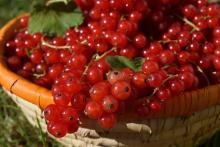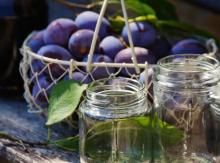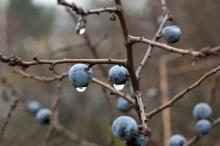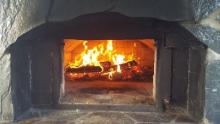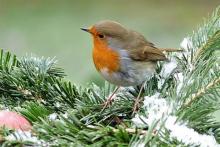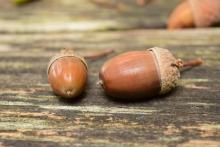Living Off The Grid: Foraging For Beginners (Part 4) Summer
Summer can be one of the most amazing times of year to go foraging, especially if you’ve never been before. There is so much food available for the picking in the summer months that it is hard to be disappointed; it’s almost a guarantee that you will find something tasty wherever you are.

